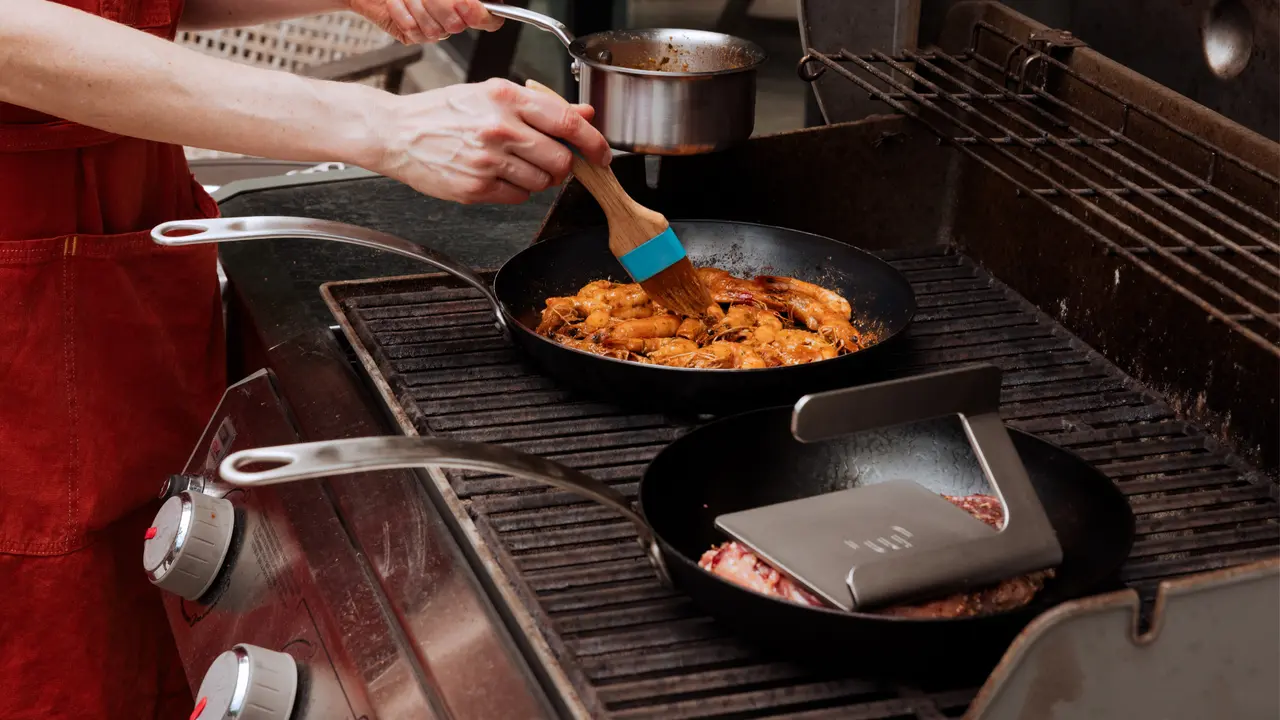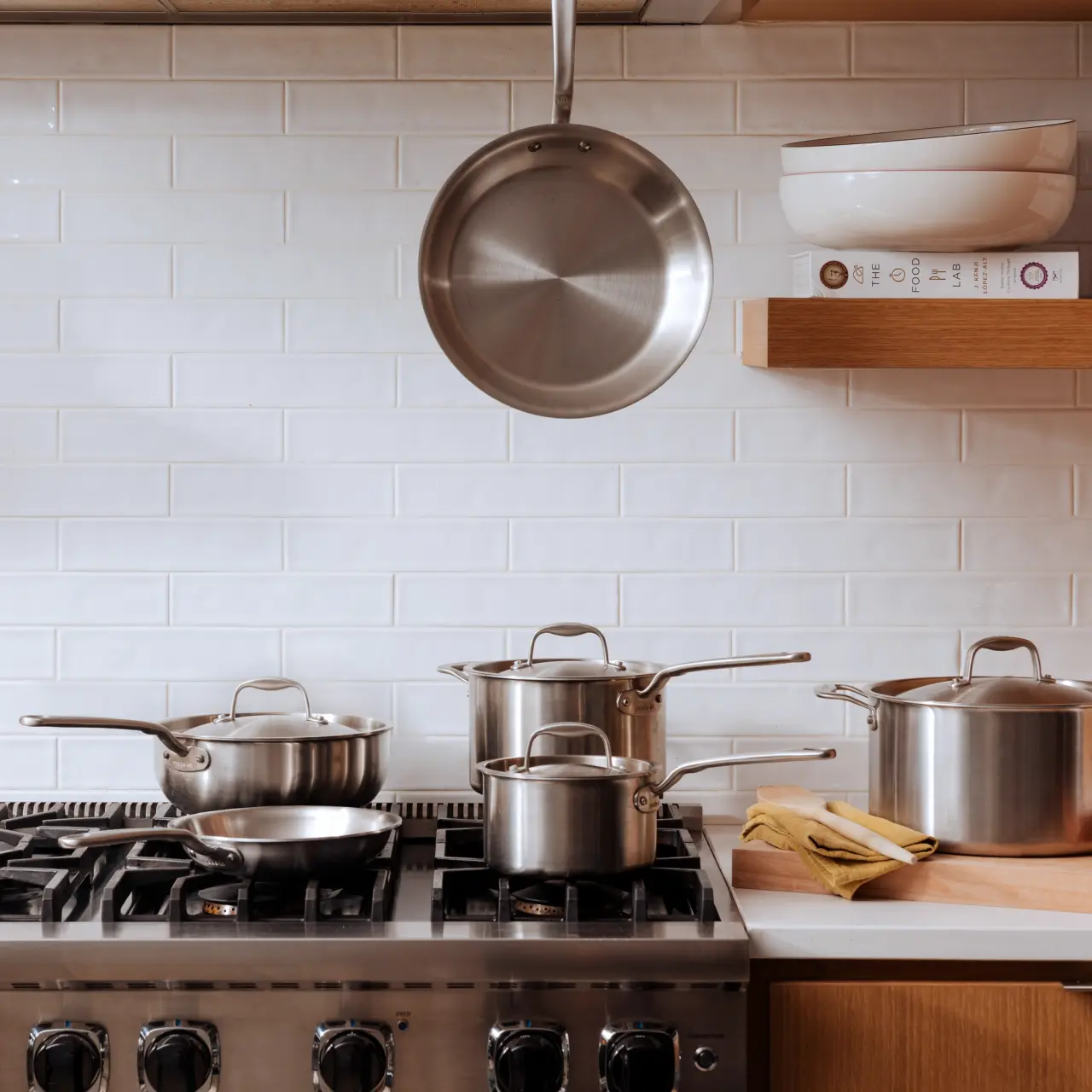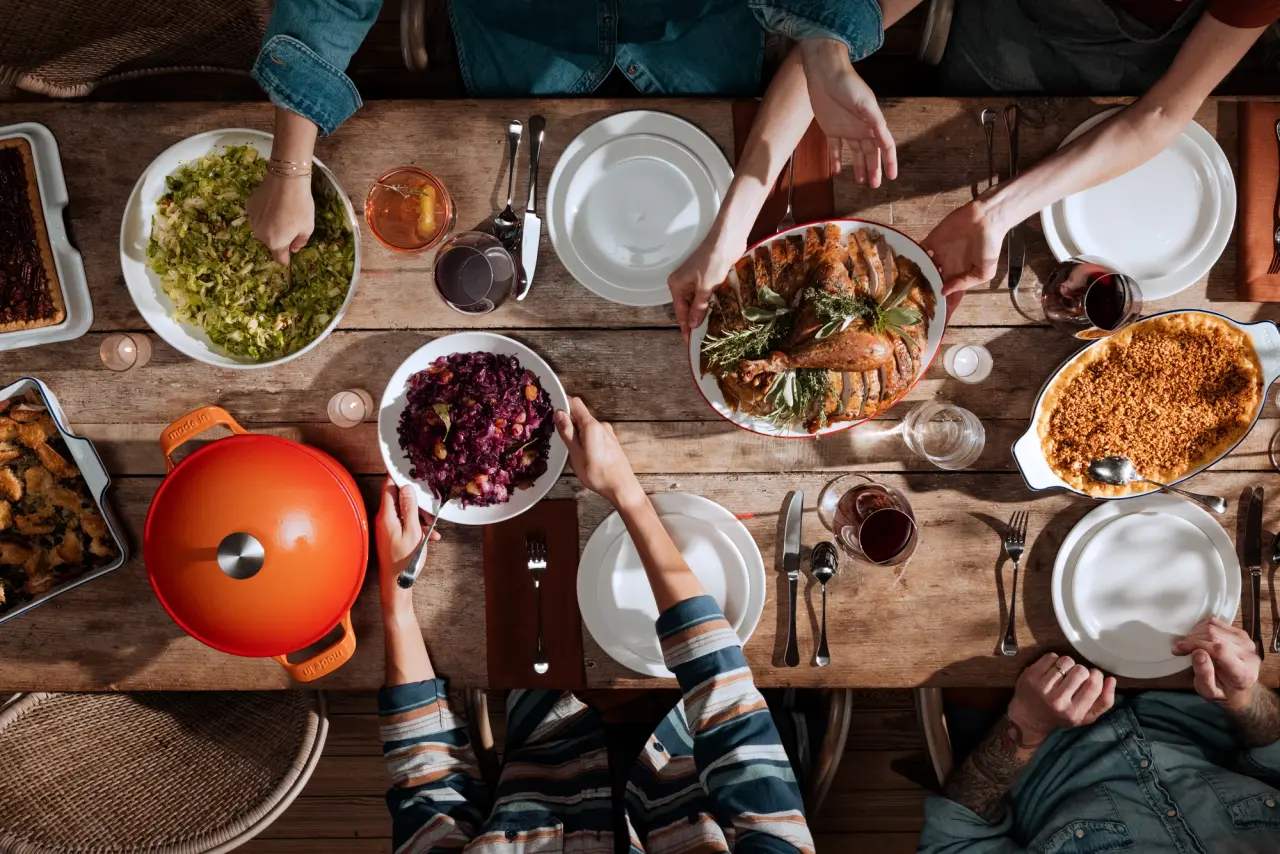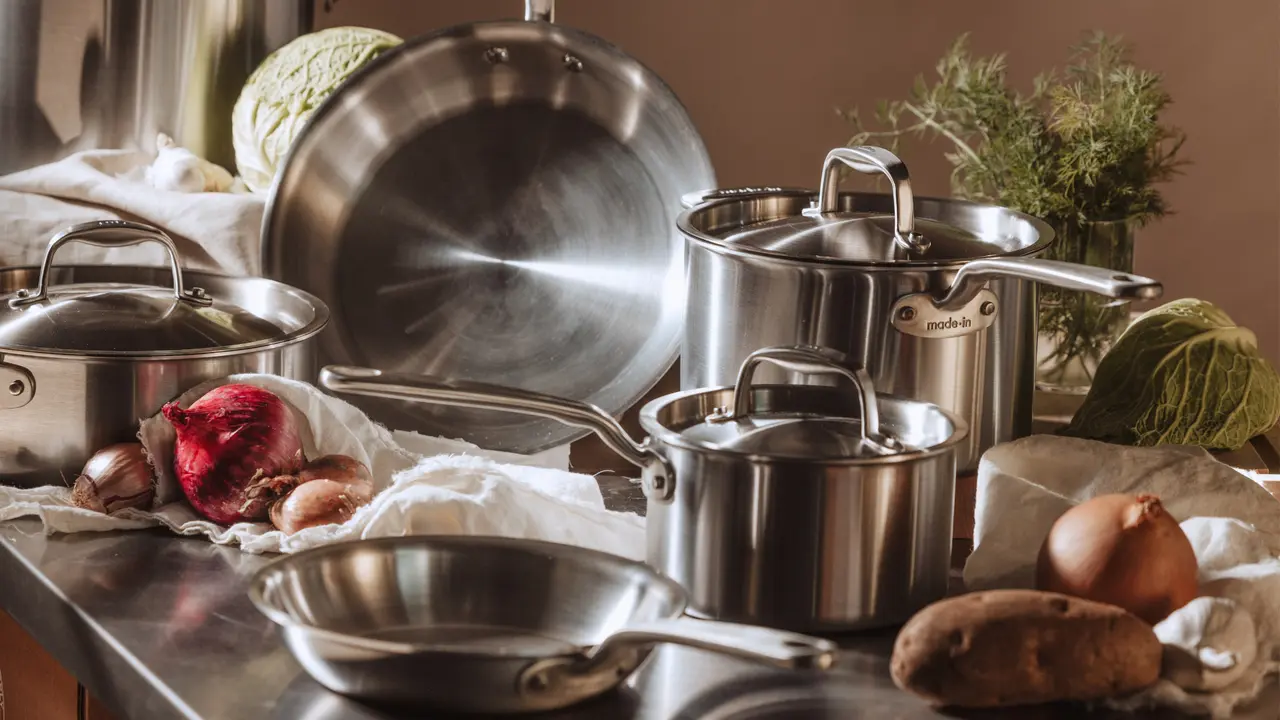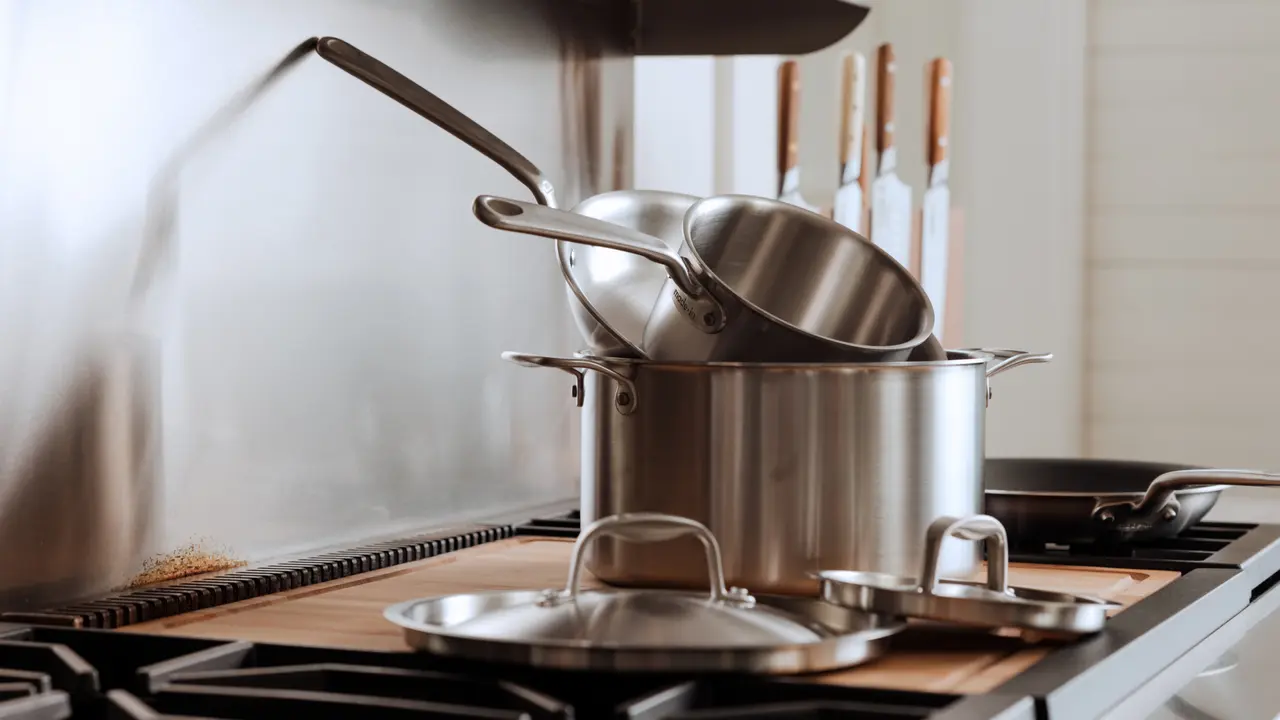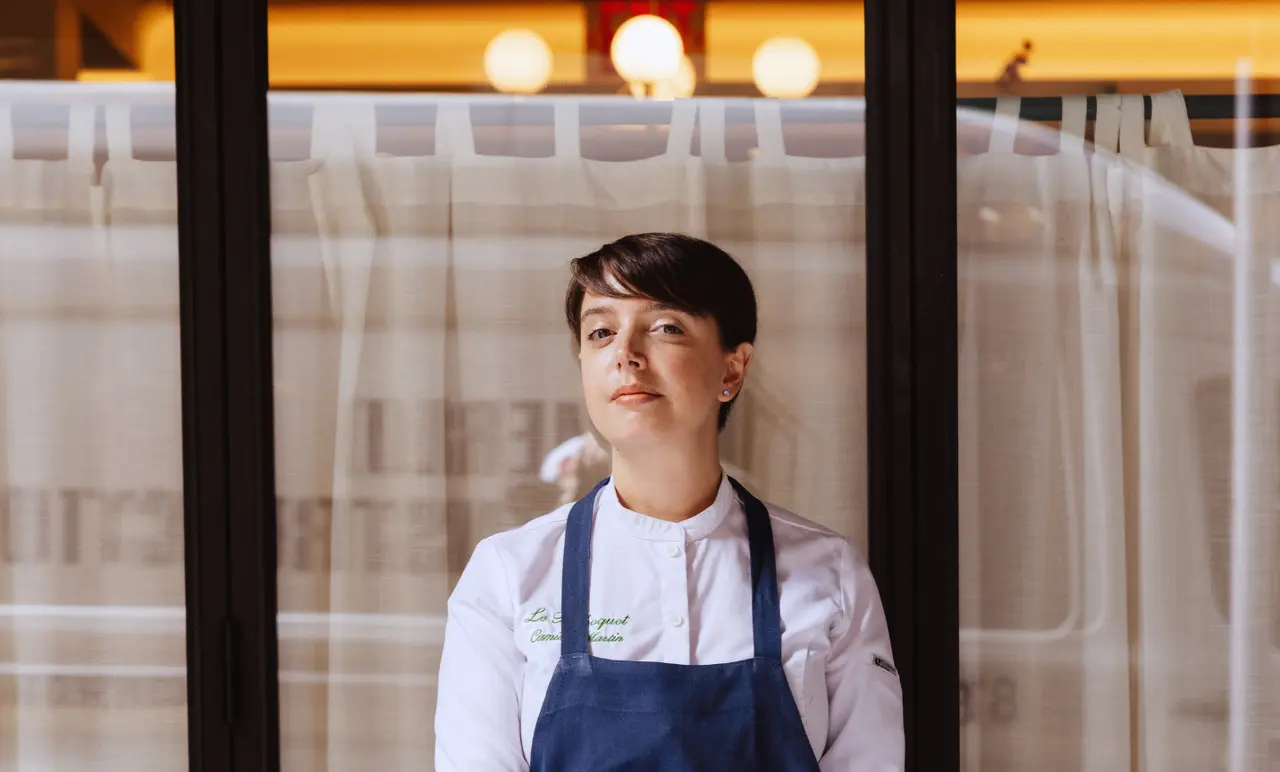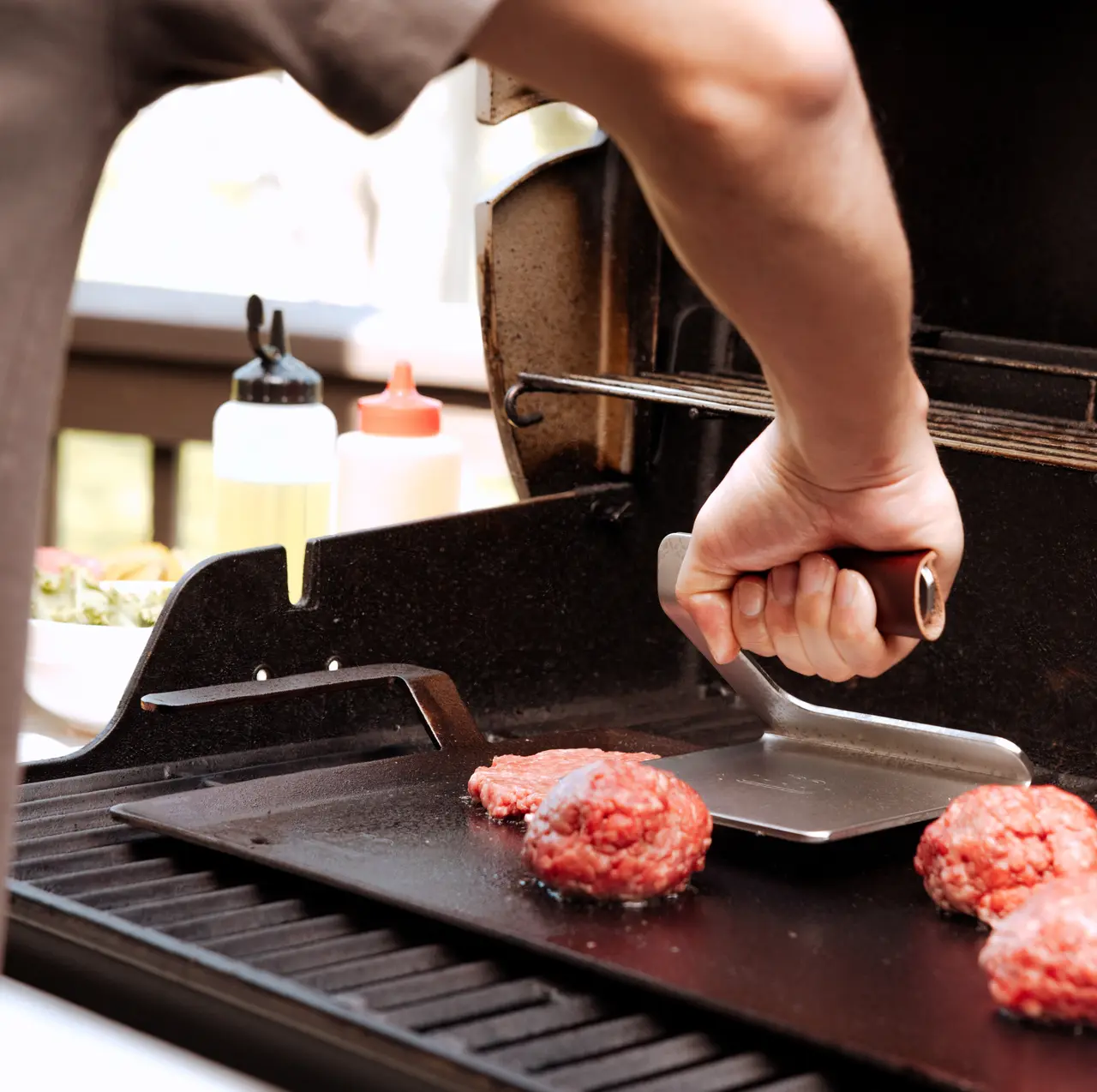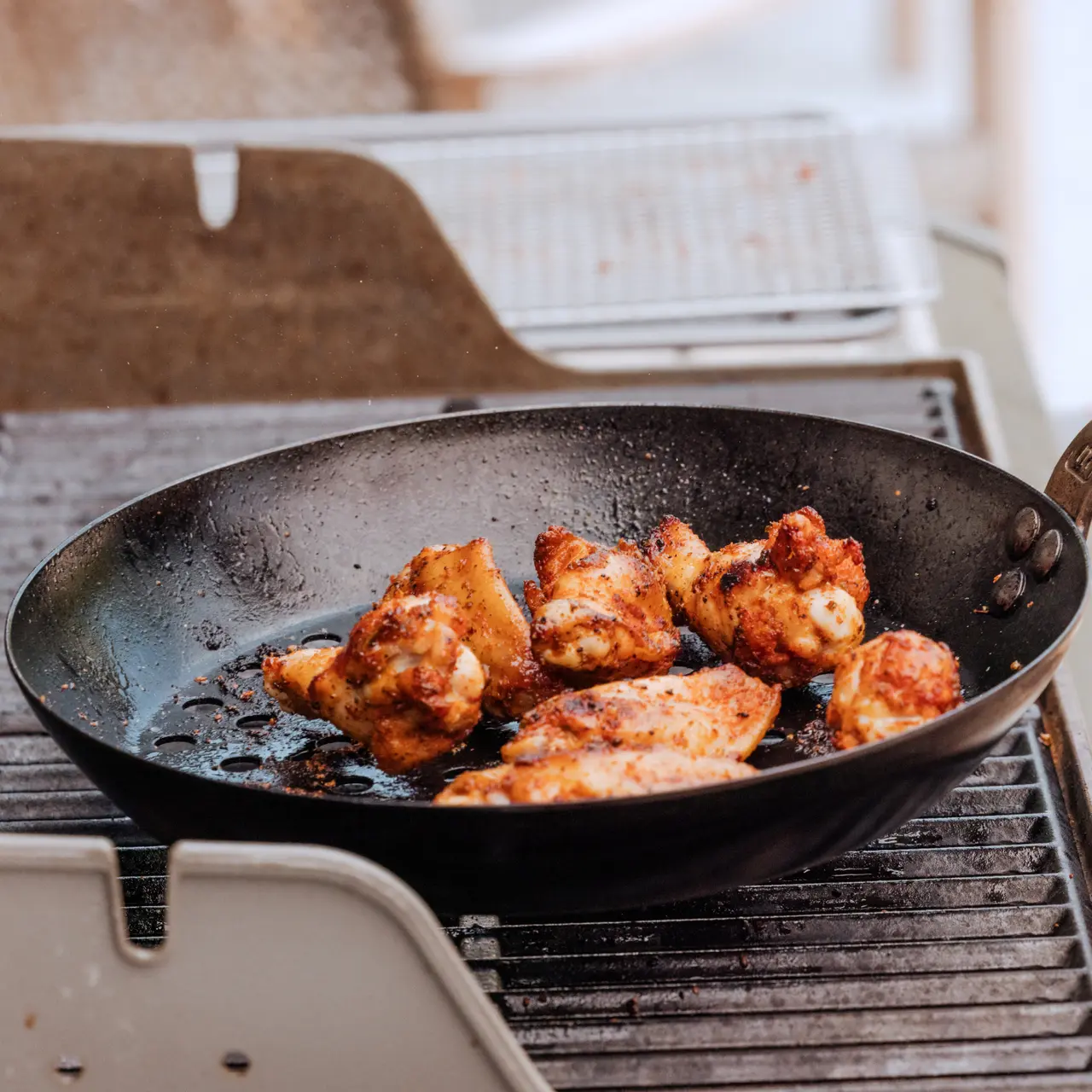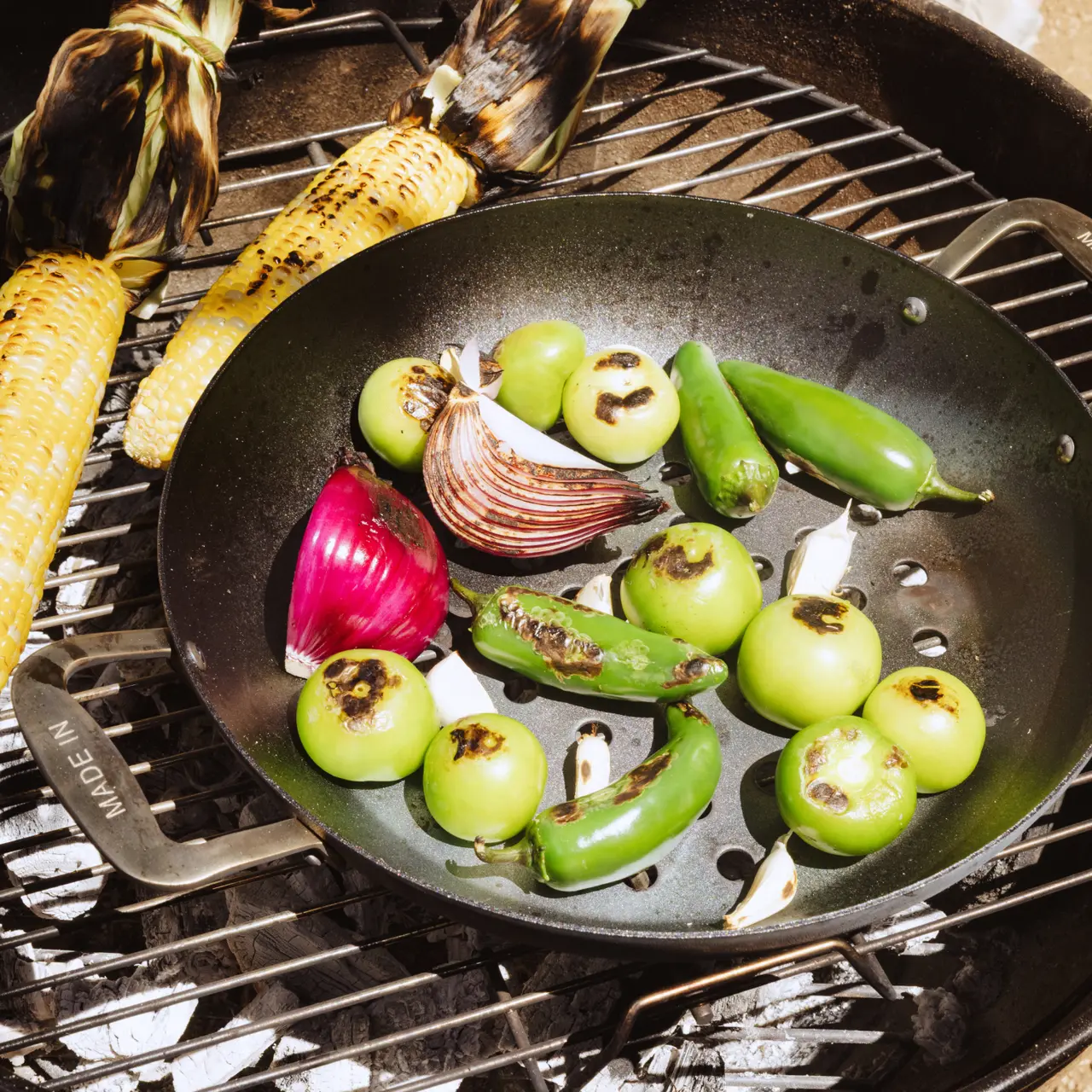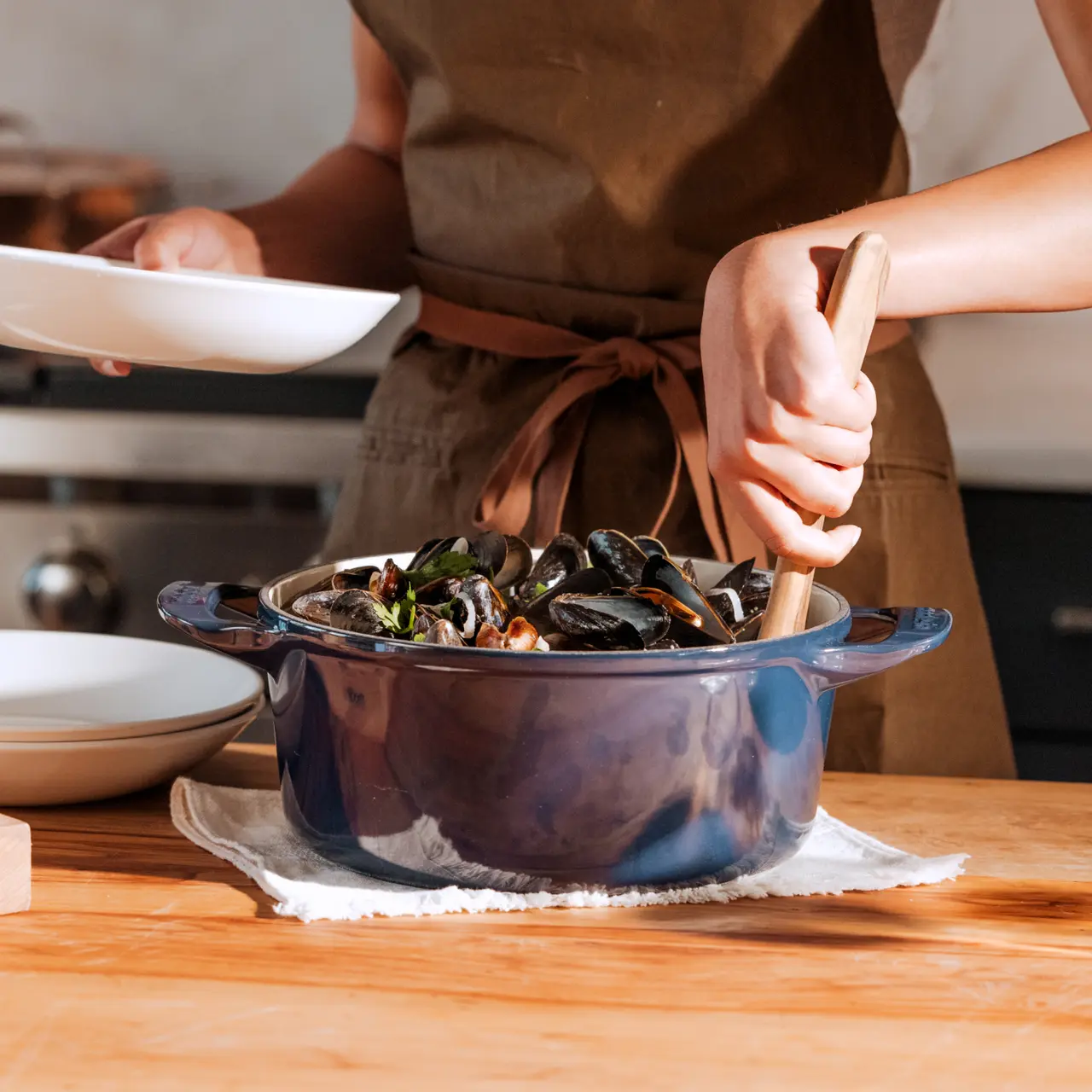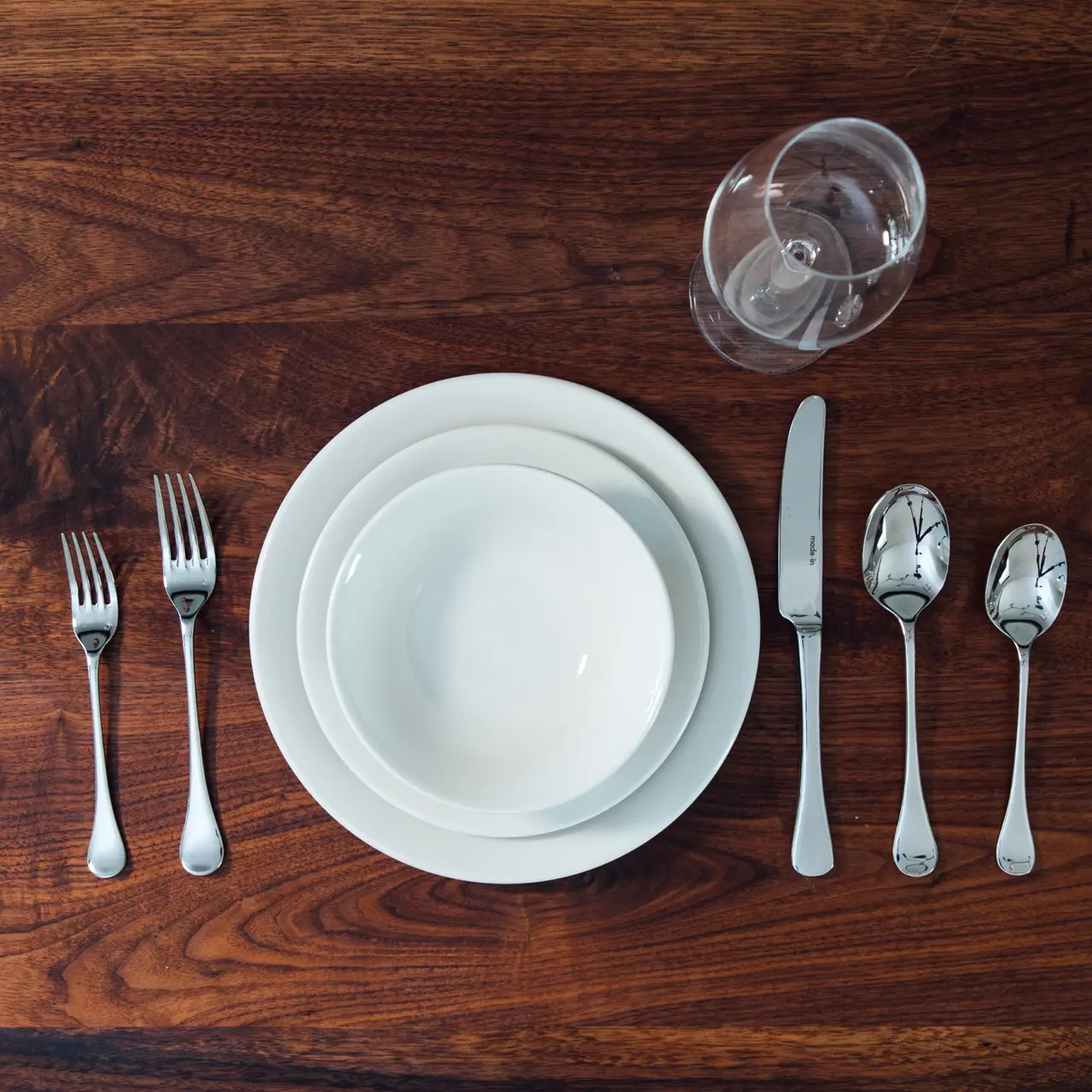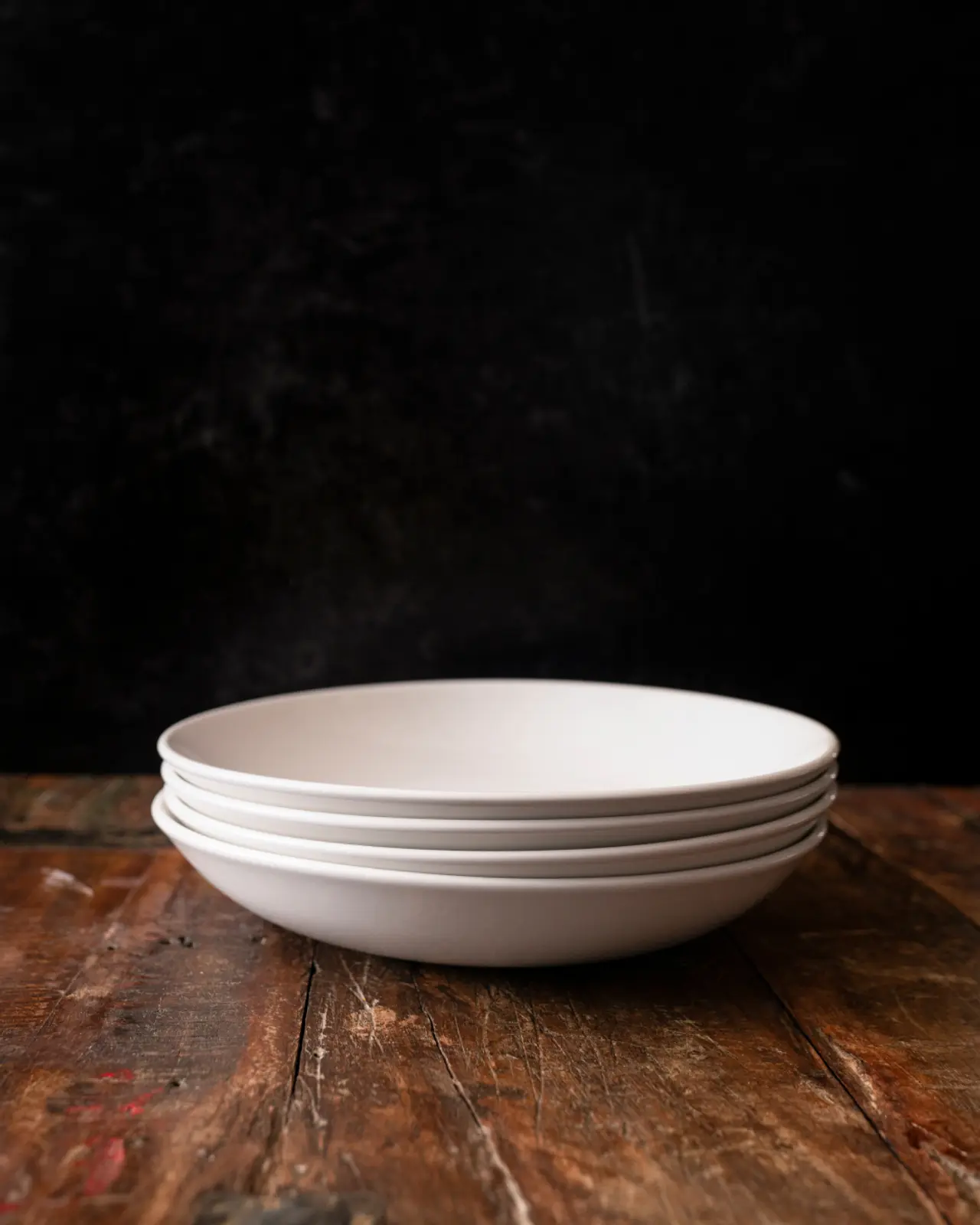In 2020, Sarah Herold was the General Manager of Frenchette, a French Bistro in Tribeca. At Frenchette, there was always something to be done, always socialite clientele to be taken care of, always an issue to be attended to. One day, in between the hustle and bustle, she decided to peek out the window, and that was when she noticed a baby-blue truck, sitting right across the street.
When the pandemic hit, and Frenchette closed, Sarah decided she wanted to do something to give back. “Or maybe I’m just a workaholic,” she laughed. She went to work for the blue truck across the street, which turned out to be a mobile soup kitchen. She helped the chef there prepare salads, which went towards serving food-insecure people in the neighborhood. Sarah relished the opportunity, as she had studied community organizing in school, and found a profound meaning in the work they were doing.
However, Frenchette eventually reopened, and she was called back. She came back for a few months, but perhaps moved by the mission of the blue truck, she decided working in fine dining wasn’t what she wanted to do with her life anymore.
And so, instead, she decided to go to work full-time for that blue truck, which just so happened to be an organization called North Brooklyn Angels.
North Brooklyn Angels’ headquarters is a church in Williamsburg. and has a few mobile blue trucks that serve meals across the city. They average about 1500 hot meals served a week, and cook about 400 of them in house.
While the first thing that might come to mind when you think of a soup kitchen is bland food, produced day-in-and-out that is largely the same, such is not the case with North Brooklyn Angels.
“The goal was to get away from the stigma of cafeteria food—serving the same thing again and again,” Sarah said. “What I really want to accomplish is crafting food that not only tastes good, but is soulful, hearty, and well, of course, nutritious too.”
To accomplish this, Sarah lives in a day-to-day version of Chopped. “It’s always like, what do we have, what can we use—like the other day someone donated a ton of potatoes, and so we had to figure out what to do with them,” she said, adding “it definitely matches the frenetic energy of restaurants I was used to, just in a different way.”
In order to achieve the output of meals, Sarah and North Brooklyn Angels are reliant on volunteers. This might seem like another hurdle the organization has to leap over, but is instead viewed as an opportunity.
“I think what’s great about our location is, people think Williamsburg is a really affluent area. And it is. It definitely is. But there is still food insecurity here, too.” The goal was and remains to help humanize the struggle of food insecurity for people who may not be exposed to it every single day. To help explain that food insecurity is not just about being a homeless person, but that it touches everyone—whether it's people who can’t access nutritional food or people who are saving money so they can afford to rent a place in this city.
Along with it, North Brooklyn Angels prides themselves on the community they strive to create. “During the pandemic, we sort of became a place people and volunteers wanted to come to,” Sarah said. Maybe it was because of the isolation people felt, but Sarah said they had volunteers coming in five times a week to help out.
“We’d see who walked in the door and were able to provide this space for neighbors to meet neighbors and provide food for neighbors, too,” Sarah said.
If you’re wondering if she has regrets about leaving fine dining, she doesn’t.
“I think in many ways, that’s the power of restaurants right? All restaurants and bars are a place where you can build community, where you serve delicious, soulful food that is healing,” Sarah said.
“We just want to give people who can’t afford delicious meals, well, delicious meals.”
